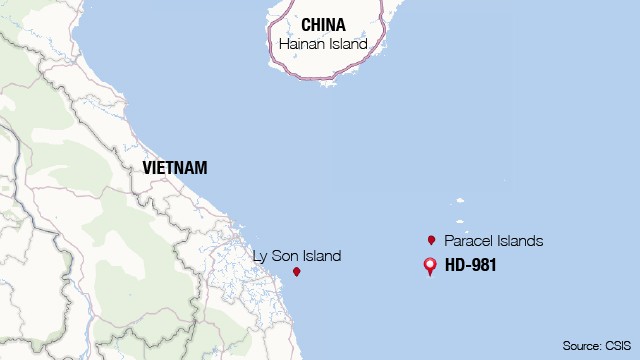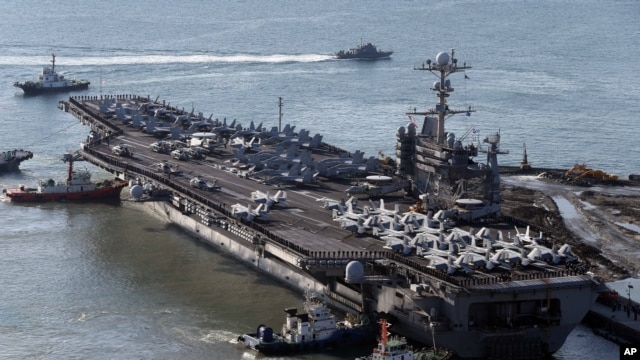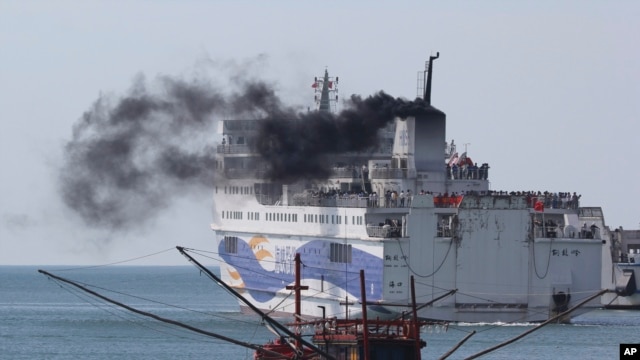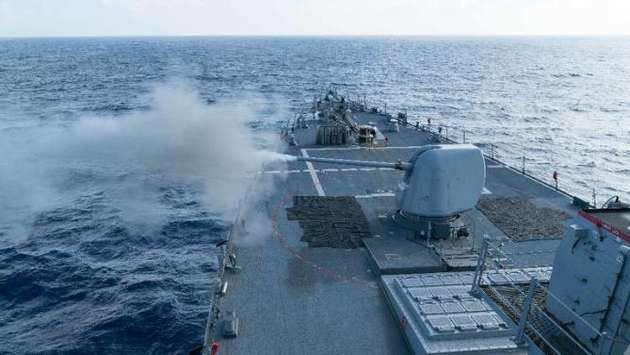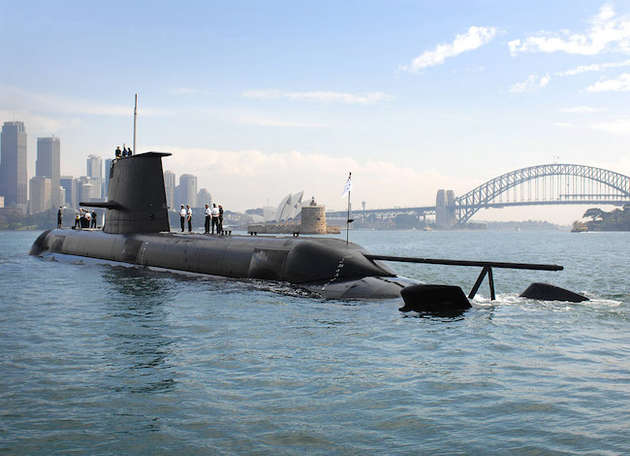- Aug 16, 2011
- 128,356
- 24,253
- 2,180
You see posts against American foreign policy and assume I'm anti America.
I see a constant stream of hysterical, emo-bitch ranting from you against anything and everything American at every opportunity and correctly conclude that you are anti-American. You're not real complicated, flaccid freddy.

